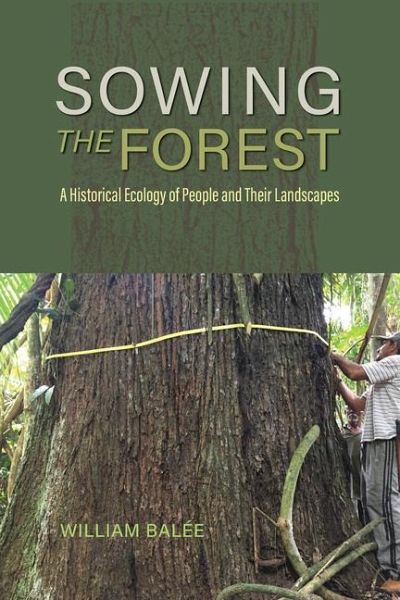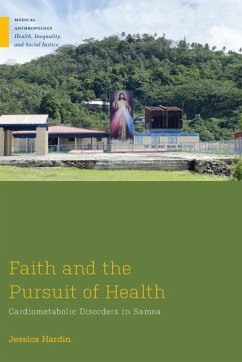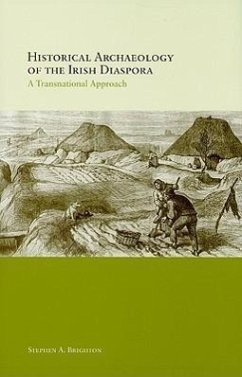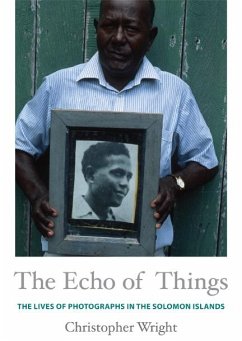
Sowing the Forest
A Historical Ecology of People and Their Landscapes
Versandkostenfrei!
Versandfertig in über 4 Wochen
47,99 €
inkl. MwSt.

PAYBACK Punkte
24 °P sammeln!
"William Balâee has studied Amazonian societies and their tropical rainforests over his forty-year career. He is a world-renowned expert on the cultural and historical ecology of the Amazon basin. His 2013 book with The University of Alabama Press, Cultural Forests of the Amazon: A Historical Ecology of People and Their Landscapes, framed a number of his previously published articles (some from what he termed "obscure" journals) with new chapter contributions to present a powerful account of how indigenous people of the Amazon intentionally and rationally transformed the landscapes and manage...
"William Balâee has studied Amazonian societies and their tropical rainforests over his forty-year career. He is a world-renowned expert on the cultural and historical ecology of the Amazon basin. His 2013 book with The University of Alabama Press, Cultural Forests of the Amazon: A Historical Ecology of People and Their Landscapes, framed a number of his previously published articles (some from what he termed "obscure" journals) with new chapter contributions to present a powerful account of how indigenous people of the Amazon intentionally and rationally transformed the landscapes and managed the resources of the rainforests before Europeans arrived. Sowing the Forest is a companion volume in this model, combining refashioned, previously published articles with new material. It is a work of historical ecology and delves heavily into linguistics. It deals with how, over centuries, Amazonian people and their cultures have interacted with rainforests, making the landscapes of palm forests and other kinds of forests, and how these and related forests have fed back into the vocabulary and behavior of current indigenous occupants of the remotest parts of the vast Amazonian hinterlands. The book describes specific interrelationships between tropical peoples and those landscapes in terms of the forests they live in and manage (rather than adapt to). In general, the volume describes how their language and vocabulary are reflected in the landscape transformations that their ancestors and other past peoples have effected, and in some cases vocabulary has been completely lost because of colonialism. The book is divided into two parts. Part 1, "Substrate of Intentionality," comprises chapters on historical ecology, indigenous palm forests, plant names in Amazonia, origins of the Amazonian plantain, and unknown "Dark Earth People" of thousands of years ago and their landscaping. Balâee notes that these chapters "reflect how the feedback between culture and environment ends up as a complete, coherent, explicable phenomenon in and of itself." In part 2, "Scope of Transformation," Balâee lays out his theory of landscape transformation, which he terms "primary" and "secondary." Primary landscape transformation involves humans effecting complete species turnover, and secondary landscape transformation involves humans effecting partial species turnover. He provides examples of both kinds of landscape transformation and various specific effects. He also compares environmental and social interrelationships, for example, in an Orang Asli group in Malaysia and the Ka'apor people of eastern Amazonian Brazil. Another chapter covers loss of language and culture resulting from primary landscape transformation in the Bolivian Amazon. A final chapter addresses the controversial topic of monumentality (does it exist?) in the rainforest. His on-the-ground research has shown that monumentality indeed exists in great numbers (e.g., Bolivian mounds, the Brazil nut groves of the Xingu Basin, and the Acre geoglyphs), with more examples being discovered apace with deforestation. Balâee ends by emphasizing the common thread in Amazonian historical ecology: the long-term phenomenon of encouraging diversity for its own sake, not just for economic reasons"--












